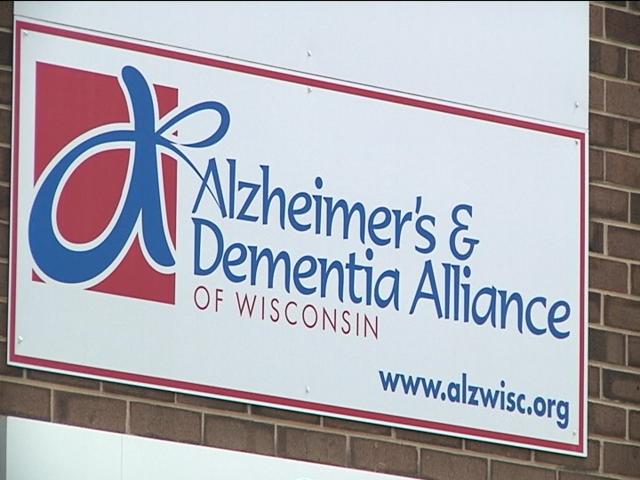MADISON (WKOW)-- One year ago this week the Wisconsin Silver Alert program
was started to help locate lost seniors. During that time the Alzheimer's and
Dementia Alliance of Wisconsin reports all but five seniors were found
safe.
According to the alliance, 48 Silver Alerts were issued between
August 1st 2014 and July 30th of this year. In four of those cases the missing
senior was found deceased and in one other case the missing senior still hasn't
been found. At least 116,000 people in Wisconsin suffer from
dementia.
"We know that we can't save everyone's life, but what we
can do is prevent them from dying in a horrible way and prevent families from
having that be the last memories of their loved one," Alzheimer's and Dementia
Alliance Public Policy Director Rob Gundermann says.
Alzheimer's
advocates are calling the first year of Silver Alert a success, but some still
see room for improvement. Gundermann tells 27 News he'd like to see the
60-year-old age requirement eliminated. He says the requirement was put in place
when the program was created, because advocates were concerned they would
receive too many Silver Alert requests.
"The concern was if you have too
many then people are going to stop paying attention, but we're not anywhere near
that point. I think eliminating that age requirement would be good," Gundermann
says.
Another idea is to require followup reviews with the Department of
Transportation once a missing person is found.
"If someone gets lost and
they have a valid drivers license we should probably look at what's going on
there," Gundermann explains. "We're not talking about pulling the license
necessarily, but maybe some restrictions, or at least figure out if that is
necessary."
Gundermann is also encouraging caregivers to have recent
pictures of the Alzheimer's and Dementia patients in their care. He says
sometimes over the last year it was difficult for family members to find a
recent picture of their missing loved one that they could use in a Silver
Alert.
He and other advocates recommend having a recent picture on your
cell phone or your computer so you can easily send it in an emergency. Advocates
also recommend taking pictures of the patient's car and license plate so members
of the public know what to look for if the person goes missing.
This week
Wisconsin Assembly Speaker Robin Vos created a task force to tackle this
concerning issue of Alzheimer's Disease and Dementia. Democrat representative
Dianne Hesselbein of Middleton is the vice chair of this task force. She's
concerned about Wisconsin Public Broadcasting's ability to send out Silver
Alerts if funding cuts continue.
"If nobody is there to update those towers and the money isn't there to do
that, how is that going to work for the state of Wisconsin?" Rep. Hesselbein
asks.
While finding missing seniors is important, Hesselbein says the task force
will be more concerned with long term care. She says their biggest concern is
helping caregivers and family members keep their loved ones in their homes
instead of sending them to costly institutions.
"What I'm really hoping we can accomplish is to ease the burden for families
that have loved ones going through this," Hesselbein.
Later this month the Alzheimer's task force will hold information sessions
and public hearings to address this concerning disease. Lawmakers say the cost
to Wisconsin taxpayers is expected to increase exponentially in the coming
decades.
Fore more information, visit the following web
sites:
Alzheimer's and Dementia Alliance of Wisconsin: http://www.alz.org/care/overview.asp
Alzheimer's
Association National Web Site:https://www.alz.org/
25 Signs and
Symptoms of Alzheimer's: http://www.health.com/health/gallery/0,,20416288_2,00.html
Tips
for Giving Alzheimer's Care:
http://www.mayoclinic.org/healthy-living/caregivers/in-depth/alzheimers-caregiver/art-20047577
Alzheimer's
Association: Caregiver Resource Center: http://www.alz.org/care/overview.asp


